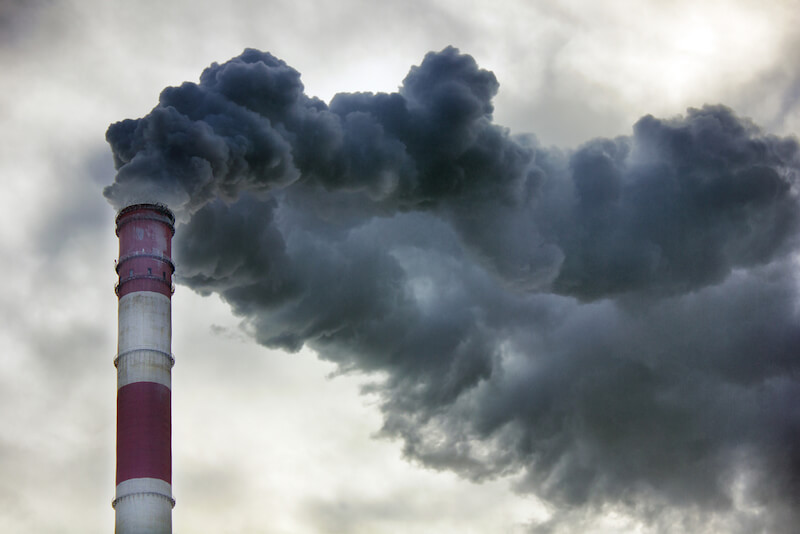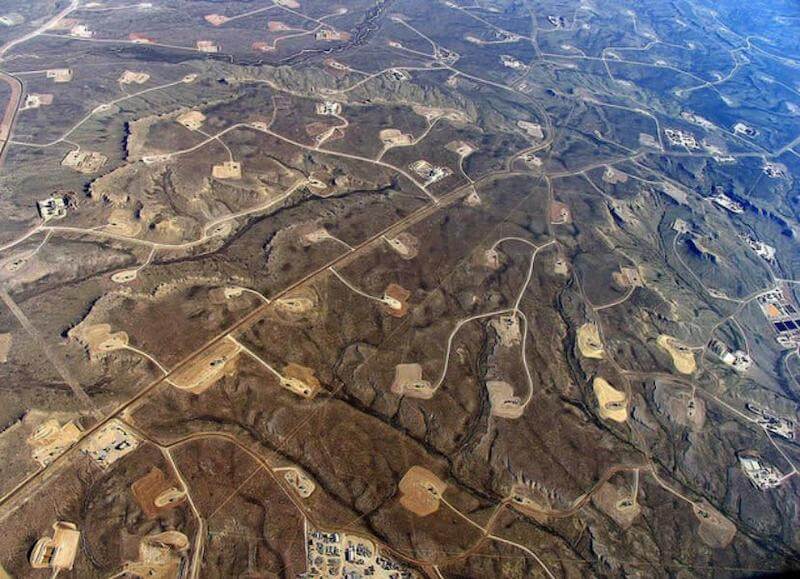
Coal, synonymous with underground or open-pit mines, is an archaic energy source, primarily derived from ancient flora and fauna. The intensive mining and burning of coal pose significant threats to our environment. It leads to the degradation of soil, the pollution of aquatic ecosystems, the disruption of diverse habitats, and the release of harmful emissions, which include sulfur dioxide, and fine particle nitrogen oxides. Understanding these impacts is essential as we explore sustainable energy options and work towards responsible environmental stewardship. These pollutants not only accelerate climate change but also lead to acid rain and numerous health issues.
Oil, omnipresent in our daily lives, powers transportation, warms buildings, and facilitates electricity generation. However, this widespread use is taking a heavy toll on our environment. The extraction, refining, and combustion of oil release numerous pollutants and greenhouse gases that trigger global warming, deface habitats, and taint air and water. Oil spills can destroy wildlife and their habitats. This severe impact on biodiversity is a critical concern that warrants urgent attention and preventative strategies.
In contrast, natural gas is viewed as a cleaner alternative to other fossil fuels due to its comparatively lower greenhouse gas emissions. This perception may lead some to overlook its own environmental risks, which are not all that different from the risks associated with other types of fossil fuels. However, like any energy source, natural gas also comes with its own set of challenges. The exploration, extraction, and transportation processes can contribute to environmental degradation in various ways. Therefore, it is essential to examine the full environmental implications of all energy sources, even those deemed cleaner or more sustainable like natural gas.
Diesel, another product of crude oil, is a major pollutant. The burning of diesel releases particulate matter, nitrogen oxides, and other pollutants into the contributing to greenhouse gas pollutants. Similarly, the use crude oil, has a less than favorable environmental impact. The extraction, refining, and burning processes disrupt ecosystems, pollute water, and air, and catalyze climate change.

The practice of hydraulic fracturing, commonly referred to as fracking, is a method used to separate natural gas and oil from underground shale rock formations. However, this technique brings forth substantial environmental issues that cannot be overlooked. The process may lead to water pollution, induce seismic activity, and trigger air pollution. These potential hazards necessitate robust regulatory measures to mitigate environmental and health risks.
Fracking begins by drilling down into the earth, often a mile or more, to reach the shale. The specialized drill mount is then turned horizontally into the shale deposit which contains the gas or oil to create a well. Once the well is drilled, a high-pressure fluid is injected into the wellbore. This fluid causes the shale layer to crack or fracture, hence the term "fracking."
Small sand particles in the fluid then force open the fractures, allowing the trapped gas or oil to flow out, up the well and to the surface. The gas or oil is then separated from the fracking fluid and transported by truck to the refinery. The used fracking fluid, also called flowback or produced water, is stored in surface ponds or tanks before being treated, recycled, or disposed of. Its this flowback that raises concerns.

A significant amount of fossil fuel is used by the agricultural sector. Fossil powered machinery, synthetic fertilizers, and plastic packaging for food, all add to the massive carbon footprint of the agricultural sector. This dependency needs a shift towards sustainable practices to lower carbon emissions and ensure a healthier planet.
The environmental cost of fossil fuels is alarmingly high, contributing daily to global warming, climate change, and the destruction of habitat. The need to transition to cleaner, renewable energy sources, especially in agriculture, is paramount if we are to mitigate the effects of climate change.
Article Posted Nov 31, 2023